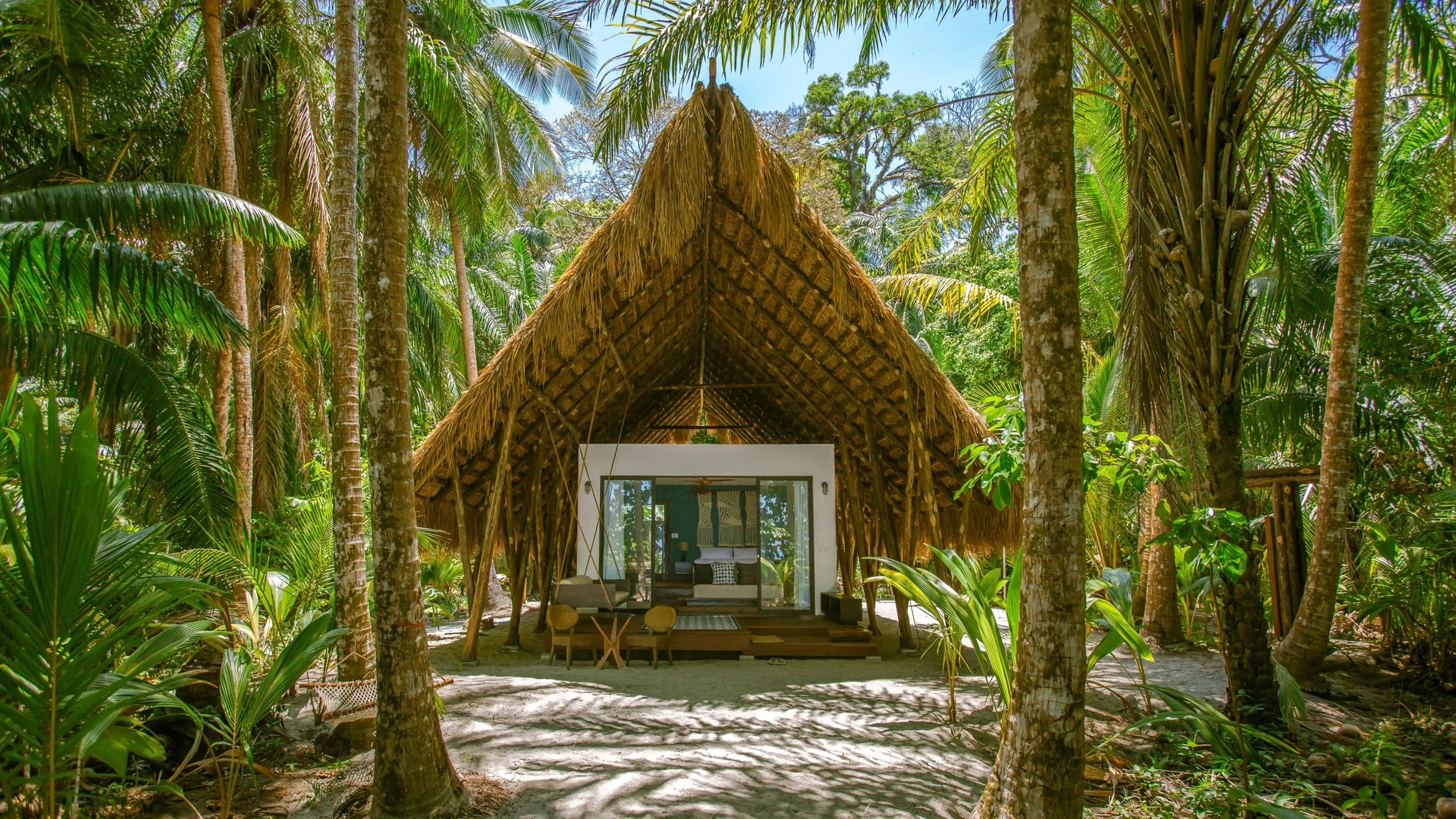Opening a resort in a remote destination is not for the faint. It requires a combination of vision, creativity, and a deep understanding of the challenges and rewards of embracing the road less traveled. However, for those with a passion for hospitality a flair for adventure, a remote resort can be the perfect business opportunity, and a desire to create a sanctuary for those seeking seclusion, a remote resort can be the ideal business opportunity.
The Allure of Remote Resorts
The Adestination may conjure images of pristine beaches, majestic mountains, or untouched wilderness. Many people are increasingly looking for places to escape the hustle and bustle of city life, craving tranquility and a connection to nature. Remote resorts offer a unique appeal for travelers seeking peace, privacy, and an authentic experience found in tourist-heavy destinations.
This desire for seclusion, paired with the rise of eco-tourism, wellness travel, and “off-the-beaten-path” vacations, has led to a growing demand for resorts in lesser-known locations. Whether it’s nestled in the mountains, on a secluded island, or within a dense forest, the appeal of remote resorts is undeniable. Yet, launching such a venture comes with its own set of challenges.
Challenges of Opening a Remote Resort
Opening a resort in a remote area may seem like a dream, but it involves a considerable amount of planning and problem-solving. Here are the images you’ll face when venturing down this accessibility
One of the first obstacles you’ll need to consider is how accessible the location is. Is it guests to reach? Many remote destinations are off the beaten path, meaning roads may be unpaved or non-existent. In some cases, this could mean limited transport options—such as no commercial airports nearby or the need for special permits to access the site. The challenge here is ensuring that transportation options are feasible and convenient for guests while keeping safety in mind.
You’ll also need to assess how staff, suppliers, and contractorsYou’lleach the location. Limited accessibility can lead to delays in delivery, higher costs for materials, and difficulty in delivery delays; higher materials costs are essential to overcome these hurdles.
2. Utilities and Infrastructure
When opening a resort in a remote location, securing access to eSecuring-speed Internet can be a major challenge. Depending on the site’s location, you may invest in solutions such as solar panels, wind turbines, or water well drilling in Utah to provide a reliable water supply when opening a resort in a remote location when opening a resort in a remote location.
Establishing dependable communication systems, including Internet and phone services, is vital for managing reservations, guest Internetions, and day-to-day operations. Fortunately, even in remote areas, modern technology offers increasingly efficient ways to set up these systems and ensure smooth operation.
3. Environmental and Regulatory Concerns
When building in a remote area, it’s important to consider the environmental impact your resort may potentially need to conduct thorough environmental assessments, ensure compliance with local regulations, and possibly work with local authorities to navigate zoning laws and building permits. Many remote areas are protected or have strict development regulations in place to preserve their natural beauty.
Eco-friendly buildings, sustainable operations, and waste management systems are critical considerations for a remote resort. Guests are often drawn to these destinations because of their unspoiled beauty, and part of the allure is knowing that the resort is working to minimize its impact on the environment.
4. Marketing and Visibility
A resort in a remote area isn’t likely to benefit from organic foot traffic or widespread acquisition of a more urban location. Therefore, an effective marketing strategy is crucial. You will need to emphasize the uniqueness of the destination, the seclusion, and the bespoke experiences that guests can expect. Online visibility, social media marketing, partnerships with travel agencies, and creating high-quality content are some effective ways to bring attention to your remote resort.
We will also provide reviews from guests who have experienced your resort significantly, attracting future visitors. A good strategy is to create an unforgettable experience that encourages guests to share their experiences on social media and review sites.
The Rewards of a Remote Resort
Despite the challenges, opening a resort in a remote destination can be incredibly rewarding. Here are some of the benefits you can expect to reap:
1. Exclusive Experience
By offering a resort in a remote destination, you are providing guests with a one-of-a-kind experience that cannot give the guests a unique exclusivity that is highly attractive to travelers looking for something special and personalized. Many guests are willing to travel fartuniquepay more to experience something unique and off the beaten Competition.
In remote areas, you may face fewer direct competitors. While this means you’ll have to work harder to make your resort stand out, it always allows you to carve out a niche in the market. With fewer options for accommodation, your resort can become the go-to destination for guests looking for a quiet nature retreat.
3. Connection to Nature
One of the most rewarding aspects of operating a remote resort is immersing yourself and your guests in nature. Whether it’s a tropical paradise or a serene mountaintop, your resort capital serves as a base camp for people who want to disconnect, explore, and rejuvenate. Your guests will appreciate the opportunity to live in harmony with their surroundings, and you’ll enjoy the satisfaction of offering them that experience.
you’lltainability and Innovation
Many remote resorts are at the forefront of sustainable tourism, incorporating eco-friendly practices like solar power, waste reduction, and conservation efforts. By operating in a remote destination, you can innovate and create a resort that aligns with your values—whether focusing on wellness, sustainability, or offering unique, immersive experiences.
In Conclusion
Opening a resort in a remote destination is not for everyone, but it can be an enriching experience for those passionate about hospitality, adventure, and environmental responsibility. The challenges are significant, but the rewards are vast. With careful planning, strategic marketing, and a focus on providing guests with an unforgettable experience, your remote resort could become a sought-after sanctuary for travelers looking to escape the noise and chaos of everyday life.






